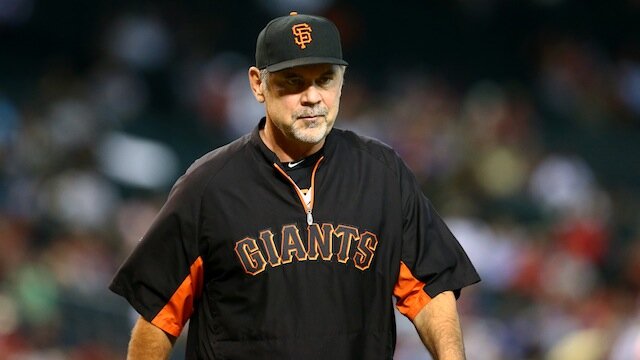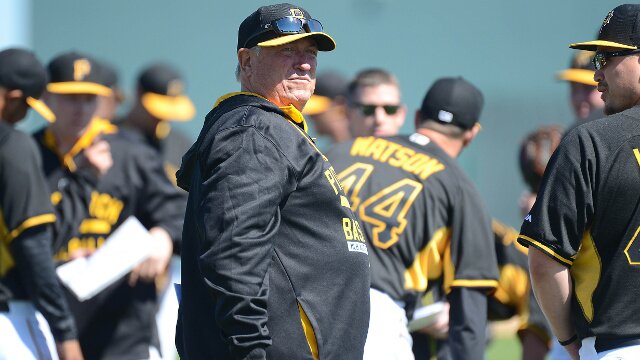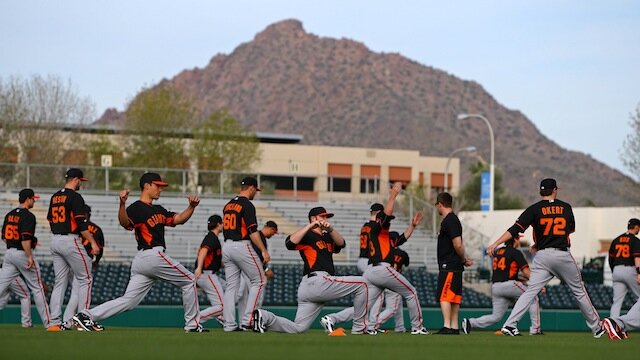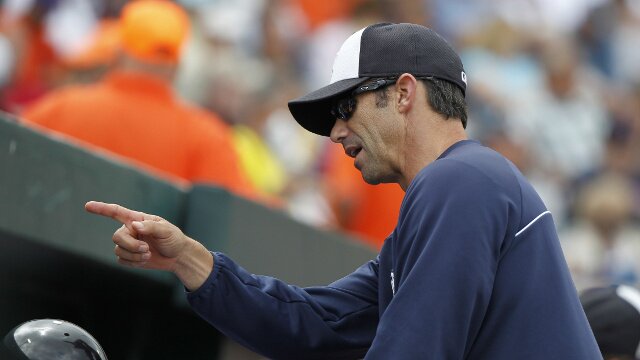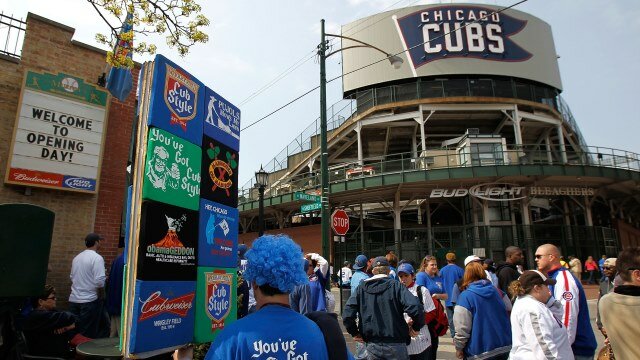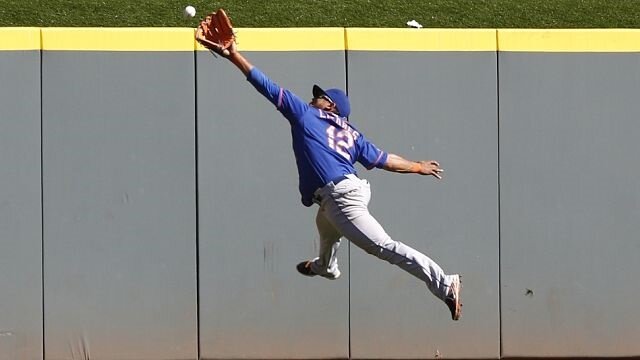MLB Fans Rejoice While Players Oppose New Rule Changes
One of MLB‘s bigger issues in recent years when it comes to its ability to engage and stimulate fans is the pace of play. Baseball games spanned an average of just over three hours per game in 2014, an all-time high for the league. Fans have noticed the steady increase in the length of games over the years and have since urged change with nearly overwhelming conformity. Various reports have come out that many players aren’t thrilled with the changes, but baseball is siding with the fans by instituting rules that will speed up the pace of play without compromising the game. This is a big step in the right direction.
Four rule changes have been introduced to try to speed up pace of play in baseball:
- Managers must challenge play calls from the dugout. It has become customary that managers would rush to the field to argue a call with umpires, all the while other coaches and bench personnel will look at the play and determine whether or not it’s worth using a challenge on. Now, a manager will have to make a decision on the spot.
- Hitters must keep one foot in the batter’s box between pitches. Although not yet determined, exceptions will be made for this rule (likely things such as foul balls, wild pitches, etc.) but for the most part batters will have to stay put between pitches.
- Play will resume as soon as commercial breaks end. Baseball is becoming dominated by sponsorships and advertising opportunities. This rule will attempt to limit the effects advertising has on the actual game while also raking in profits.
- Pitching changes will be timed. With the number of pitching changes that occur in games, a big chunk of time can be cut out of a game’s length simply by putting players on the clock to ensure that the game continues to run smoothly regardless of how many substitutions take place.
It’s no secret why players are opposed to such rule changes, especially initially. Players will be asked to alter the way in which they play in order to appease these new rules, and if they don’t do so, they’ll be solely responsible. Failure to adapt to and play by the new rules will result in financial penalties for players, including fines up to $5,000.
However, despite initial opposition, players will have to adjust to the rules, which in my opinion will help the game of baseball. According to a 2014 article by FiveThirtyEight Sports, the length of baseball games has skyrocketed since 2005, going from an average of 170 minutes a game to close to 190 in early 2014. How can this sharp increase be explained?
Every year, baseball is turning more and more into a game of specialists. Bullpens are ripe with pitchers whose services will be asked only in very particular and specific situations. A pitcher may come in and throw five pitches, and after he’s done another will come in to do the same. The obvious side effects created by such strategies are the painstaking minutes tacked onto a game for numerous pitching changes.
To add onto those delays, the speed at which pitchers reset after each pitch and the necessity for batters to remove themselves from the plate after each pitch for various equipment adjustments and/or habitual routines doesn’t help.
Lastly, the addition of instant replay has significantly added more time to games as managers are now afforded the opportunity to have calls reviewed and overturned. No single factor is responsible for the state of baseball’s lethargy, and despite initial player opposition to the new rules, it’s a much-needed step that baseball has had to take in order to keep fans engaged.
I look forward to seeing the effects of these initial rules, however, if successful, I hope that the league doesn’t make additional changes that may potentially compromise the integrity and nature of the game. The process of changing the game in such a way has to be handled carefully, and hopefully those responsible will be sure to plan and execute new rules without changing the game.
Mets Shouldn't Disregard Tejada At Shortstop
Ruben Tejada could make the New York Mets' decision as to who their starting shortstop will be much more difficult with a strong spring training. Read More
5 Pirates Storylines To Watch In Spring Training
Here are five stories to watch out of the Pittsburgh Pirates' camp as spring training gets underway. Read More
5 Giants Position Battles To Watch This Spring
Tim Lincecum isn't a lock to make the San Francisco Giants' starting rotation this year. What other position battles will manager Bruce Bochy be paying attention to this spring? Read More
Ben Davis Adds No Juice To Broadcast Booth
The Philadelphia Phillies should have thought outside the box and added some humor to the broadcasts in a season that promises to be boring. Read More
5 Phillies Spring Training Breakout Candidates
While the Philadelphia Phillies have an aging group of starters, five younger players are poised to make an immediate impact at 2015 Spring Training. Read More
Mets Shouldn't Limit Matt Harvey's Starts
Find out why the New York Mets would be making a mistake if they limit Matt Harvey to five-inning starts in 2015. Read More
5 Detroit Tigers Stories To Watch This Spring
With the early days of Spring Training now upon us, here are five stories to keep tabs on out of the Detroit Tigers' camp. Read More
5 Miami Marlins to Break Out in 2015
The Miami Marlins could be a sleeper playoff team if these five players break out in 2015. Read More
10 Major Spring Training Storylines
Baseball is preparing to wake up from a long Winter. Here are some must-read stories as we approach Spring Training. Read More
5 Chicago Cubs to Break Out in Spring Training
A loaded prospect pool makes the Chicago Cubs one of the most interesting teams to watch in Spring Training. Here are five breakout candidates to watch this season. Read More
2015 Spring Training: 5 Royals Storylines To Watch
Spring Training should offer a lot of excitement for Kansas City Royals fans this year. Here are five of the most intriguing Royals storylines to follow. Read More
2015 Spring Training: 5 Mets Breakout Candidates
Entering Spring Training 2015, here are five players who could have breakout seasons for the New York Mets. Read More







